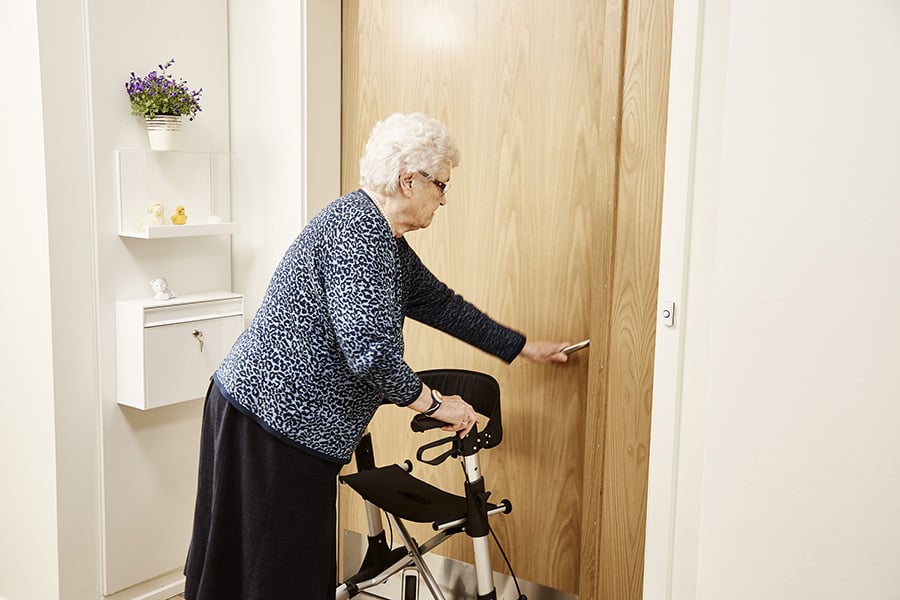New research project to explore benefits of assistive tech for elderly people at home

Carried out by researchers at Dublin City University, a new survey has been launched to explore and develop cost-effective assistive technology solutions to help elderly people to remain independent and safe in their own homes.
Researchers at the Centre for e-Integrated Care (CeIC) and the Insight SFI Research Centre for Data Analytics at Dublin City University are collaborating on the NEX project and are seeking opinions about how technology can support independent living.
Aimed at older people living at home, family carers and health and social care workers who provide care to older adults, the information gathered from the survey will be used to inform the research team about appropriate assistive technology solutions for older adults.
You can take part in the online survey here: https://dcu-snpch.limequery.com/196223
The person-centred survey takes participants through a series of questions, enquiring about who they live with, whether the individual receives care or not, and what tasks the individual receives assistance with – such as getting dressed, preparing meals and doing the laundry.
In addition, the survey asks participants whether they’ve had a fall in the past 12 months, if they have a fear of falling, whether they use any assistive devices currently, and if there are any areas in the individual’s life where they feel assistive technology could help them live more independently at home.
Dr Catriona Murphy, Assistant Professor of Nursing, School of Nursing, Psychotherapy and Community Health and one of the project Principal Investigators of the NEX project, commented: “Imagine a future in which we live longer at home with assistance from technology that can enhance communication, assist self-monitoring and securely share information with our network of care givers in order to improve our quality of life. That is the future we are imagining with the NEX system.”
Importantly, the survey asks participants to consider how particular assistive devices could help them with tasks around the home. For instance, individuals are asked about voice-activated assistants and whether this technology could help them communicate more easily with other people, remind them about medication and appointments, and combat loneliness.
In the same way, the survey asks participants about the disadvantages or barriers to using assistive technology. For example, when looking at voice-activated assistants, older people might feel concerned about how easy the device is to use, whether the technology is secure and if they have internet connection.
According to Age UK, there are nearly 12 million people aged 65 and above in the UK and in the next 50 years, it is predicted that there will be an additional 8.6 million people aged 65 years and over.
Additionally, older adults who live alone are more likely to have multiple long-term conditions when compared to those who live with others.
The researchers hope that the survey will gather information about the most appropriate assistive technology solutions to help older people remain independent and well by monitoring their health conditions, enhancing communication and assisting with tasks around the home.
The Insight SFI Research Centre for Data Analytics is a joint initiative between researchers at University College Dublin, NUI Galway, University College Cork, and Dublin City University (DCU), as well as other partner institutions. It brings together over 400 researchers from Ireland’s leading ICT centres to develop a new generation of data analytics technologies in a number of key application areas.
The Center for eIntegrated Care (CeIC), based in the Faculty of Science and Health in DCU, provides a platform for nursing researchers working in partnership with other cross-disciplinary researchers, citizens, health professionals and industry partners to lead out on the design of new models of integrated care using digital and eHealth resources.

